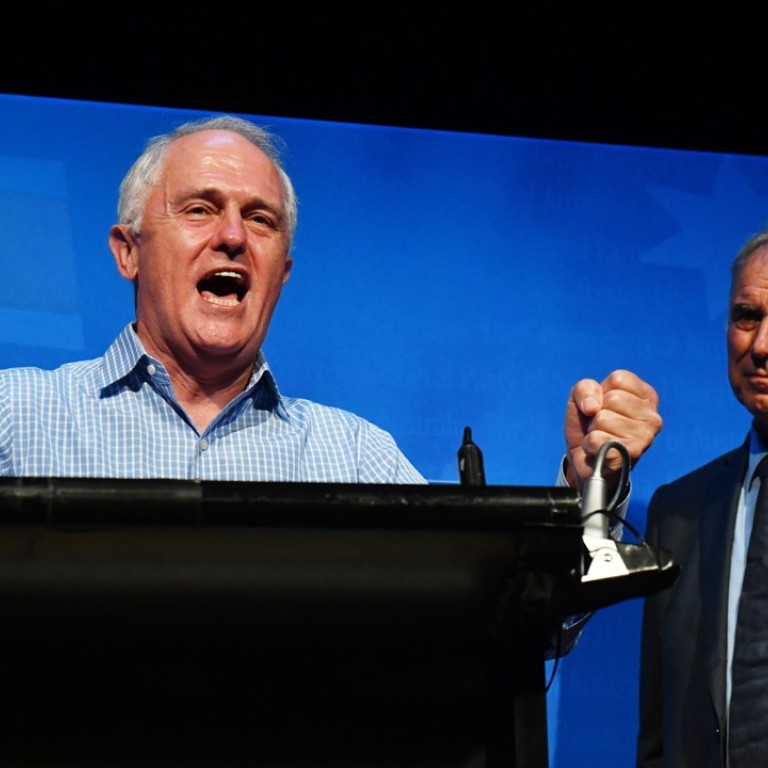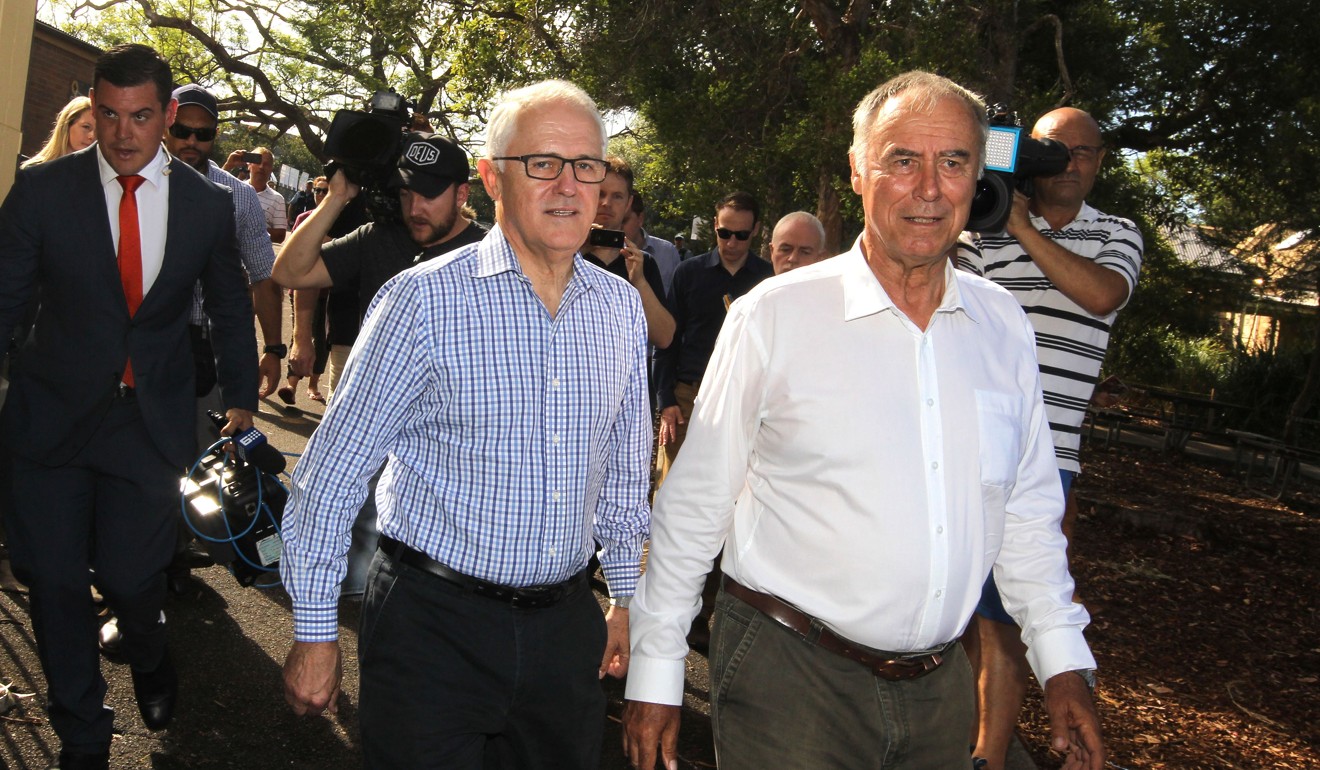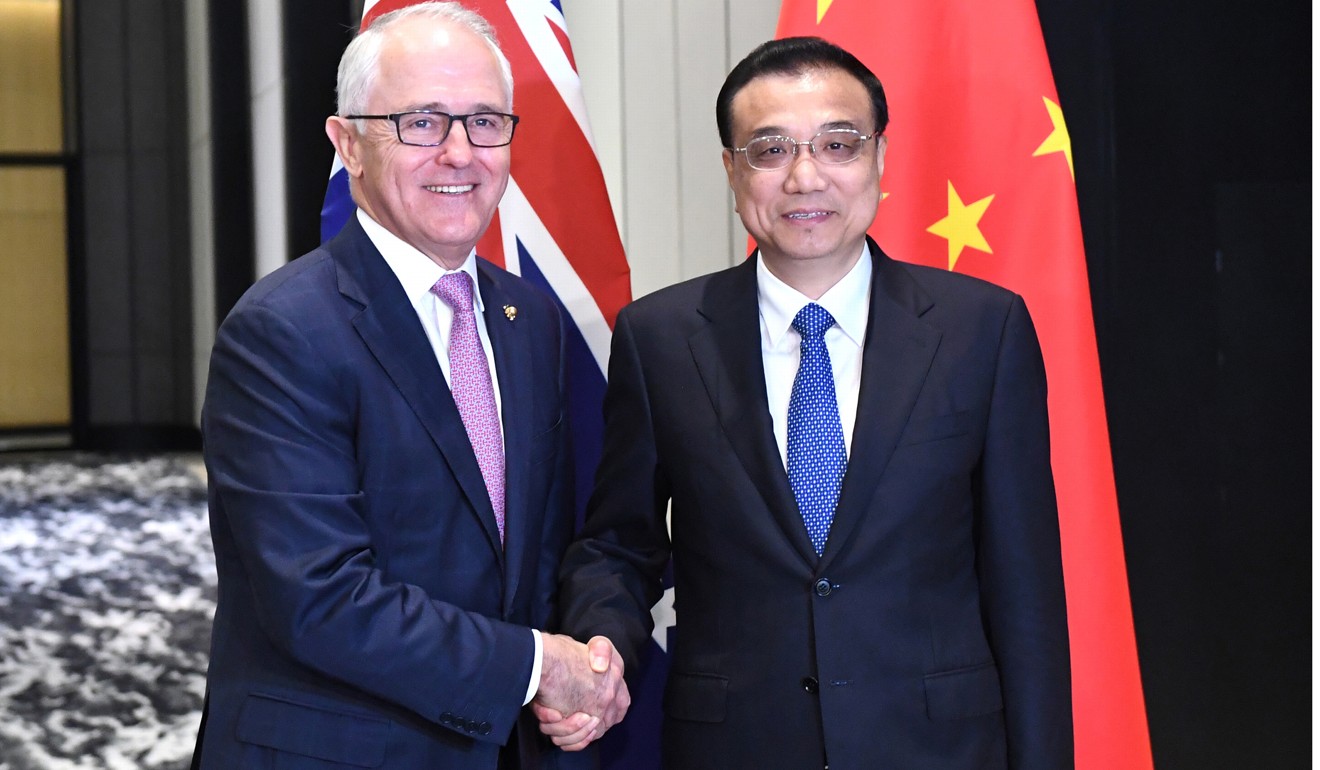
Australian government scrapes through by-election test
Australia’s government avoided losing its slim majority in parliament on Saturday, voting showed, as it claimed victory in a bitterly fought by-election that had threatened its hold on power.
The poll in the suburban Sydney seat of Bennelong was triggered by a constitutional crisis that has seen a host of parliamentarians resign over an obscure rule barring dual citizens from federal office.

They included Bennelong MP and former tennis star John Alexander, from Prime Minister Malcolm Turnbull’s Liberal-National coalition, who stepped down after saying he was might have British citizenship.
It was revealed later that he may not even be entitled to UK nationality. He was recontesting the seat against Labor’s former New South Wales premier Kristina Keneally, a popular television news personality.
The Australian Broadcasting Corporation’s election guru Anthony Green said Alexander, who was once the world’s number-eight ranked tennis player, had won.
While results showed a swing to Labor, it was not enough to take the seat.
Rough location of Bennelong division
“There is a five per cent swing. There is no sign of a swing larger than that which would endanger the Liberal Party holding the seat and John Alexander will be re-elected,” he said.
Sky News also called the result for Alexander. Kennealy said it was “an extraordinary” swing to Labor, but conceded defeat.
It will be a relief for the government as it battles falling voter support and internal division.
If Keneally had won, Turnbull’s coalition would have lost its one-seat majority, putting the prime minister’s leadership under pressure.
It would have meant Labor could defeat the government in parliamentary votes if it had the backing of all five independents, or cross-benchers.
Turnbull admitted earlier on Saturday that “people will be casting a judgment on the government”.
“Australia’s security, prosperity, depends on John Alexander being back as part of our government, delivering more than 1,000 jobs a day,” he said as the polling booths opened.
The contest had been sharpened by recent political debate about increasing foreign interference, centred on China.

Bennelong has a large Chinese community and Labor had accused the government of whipping up hysteria against the country.
The citizenship crisis came to a head on October 27 when Australia’s High Court reaffirmed a provision in the country’s 1901 constitution that forbids dual citizens from serving in federal parliament.
Of the eight parliamentarians forced to resign, two were from the lower House of Representatives and the rest were upper house senators.
The other lower house member, deputy prime minister Barnaby Joyce, easily won his by-election earlier this month.
Voter support for Turnbull has eroded in recent months, with the Liberal leader having to bat away calls for him to step down, even from within the coalition.
Bickering within the coalition has overshadowed some of his government’s achievements and prompted questions over Turnbull’s ability to bring the parties together.

.png?itok=arIb17P0)